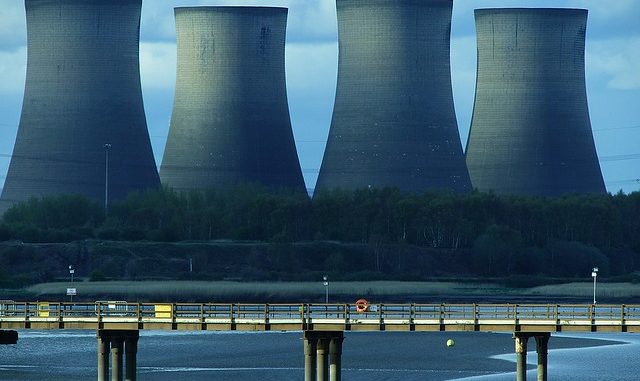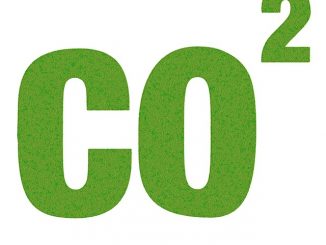
Nuclear power is a completely special subject: it is extremely rare to read expert opinions about it that are not partisan, that are not influenced from an excessive emotional character. The opinions are always without nuance, and rank immediately in the camp of “pros” or in the camp of “against”. The positions of each camp seem to be comparable to those of two adversaries contending for a trench. The positions are held firmly, there is no question of letting go 1 mm to the opponent.
The “against” clan seems to regard nuclear energy as original nonsense, forgetting what this energy had allowed to some countries; the clan of the “pros” seems blind, to the point of considering the present situation exactly identical to that which justified the development of this energy 50 years ago.
I do not recognize myself in any of the positions usually held: if there is no doubt in my mind that, if nuclear technologies remain the same, nuclear power must be abandoned in the long term. But it seems to me, in many cases, difficult to consider a short-term exit.
For this reason, too, I understand each of the positions: I understand the extreme positions of nuclear opponents, in some countries, in the face of the total absence of perspectives of exit. The impact of nuclear power on the environment, the risks highlighted during the Chernobyl and Fukushima disasters, justify a growing rejection of this technology in the population. I also understand the position of an industry that needs time to reconfigure itself, of countries, like France or Sweden, that need time to reconfigure their energy mix. The immediacy wanted by antinuclear militants is an almost unacceptable threat to them.
There are several trends against nuclear power:
The issue of waste and its treatment is still not resolved satisfactorily. No “acceptable” treatment process is expected in a near future and no technology without radioactive releases appears to emerge seriously.
The risks associated with current technologies are still present, recent accidents testify. Their impact on the environment and on the health of affected populations is important and sustainable.
Nuclear electricity costs are rising steadily: the security constraints imposed in different countries are becoming increasingly high and costly, and the integration of provisions for future dismantling is becoming increasingly burdensome.
The share of nuclear power in the world is in steady decline: from almost 18% of world consumption in the 1980s, the share of nuclear power has now fallen below 11%. In terms of installed capacity, renewable energies are far ahead. The nuclear sector can not therefore claim to attract easily the capital that research would require to solve the above mentioned issues.
In all countries, public opinion is evolving against nuclear power
However, several factors call for a transition over time:
In many countries, nuclear electricity is fuelling the regular needs throughout the year. The operation and management of the power systems of these countries will have to evolve to manage the supply-demand balance with a supply of this basic and regular needs with potentially less regular and less predictable energies. These developments will take several years.
Nuclear production capacity will have to be replaced by new production units. The time needed to find capital from reassured investors and to build new plants is also in years.
The cost of producing electricity from some renewable technologies varies greatly from country to country. Sometimes, alternative solutions to nuclear power will be more expensive in the short term and their deployment will have to take place over time. Fortunately, the cost of production of solar photovoltaics and wind power now has a definite advantage in most cases.
The initial investment of nuclear power plants is significant. It is necessary to define the discontinuation timing that is the least disadvantageous for investors and states, if they intend to support certain costs.
I am convinced that the balance of these factors needs to be managed at the level of each state concerned. Scheduling the evolution over years is fundamental; in this respect, spectacular communications are likely to be in vain.
This observation nevertheless contains a paradox: to be in time does not mean that we have time and that we must take our time.
Sustaining the dialogue that has become sterile between pro-nuclear and anti-nuclear, is to let a whole industry sink, to delay the beginning of its transformation, to minimize its chances of survival, to lead some countries towards a brutal and costly energy transition. The only hypothesis that could influence this vision would be the emergence of new technologies allowing to considerably reduce the dangers and the waste of nuclear power… it is as risky to bet on it as to rely on the lotto to complete its end of month.
Reactors in service today may be stopped in a few decades, but for this to happen, all actors involved should have already built a clear and precise roadmap.
It is time to show discernment, openness and courage.


Leave a Reply